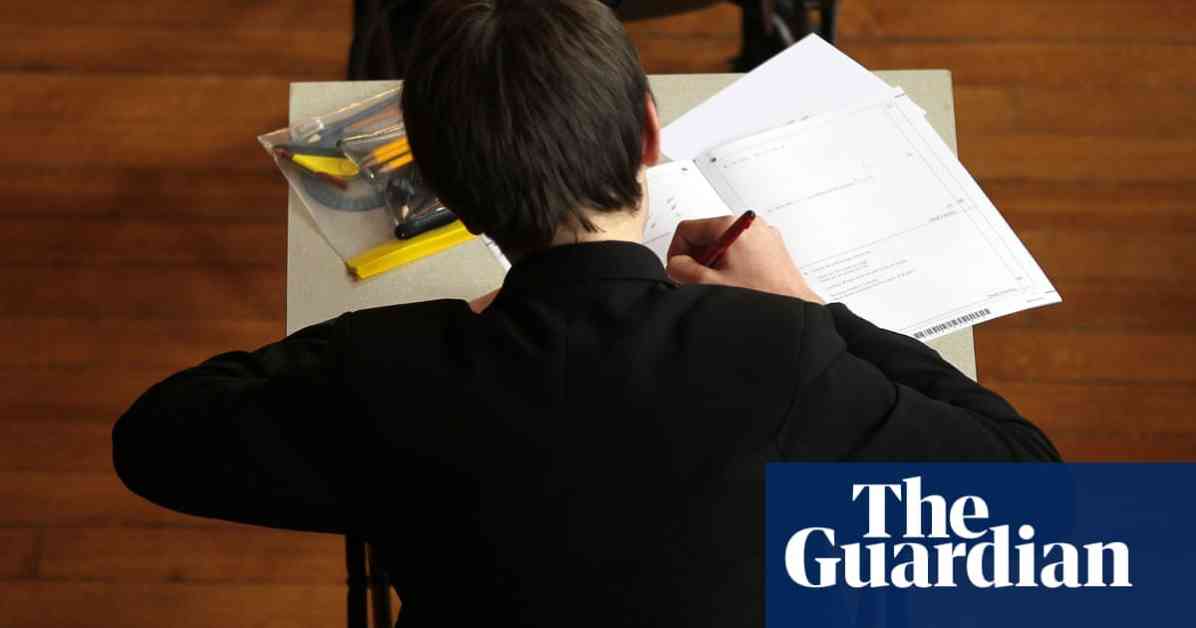A recent study conducted by the University College London has revealed that private school pupils in England no longer outperform their state school counterparts in core GCSE subjects when socioeconomic backgrounds are taken into account. The findings suggest that state school students have shown significant progress in science, maths, and English over the past two decades, aligning with the curriculum priorities of this period.
However, the study also highlighted that private school students continue to excel in creative arts subjects such as music, drama, and art, even after adjusting for socioeconomic factors. This raises concerns about the long-term impact on state school students who may not have the same opportunities in the creative arts field.
Researchers utilized data from the UK Millennium Cohort Study to analyze the performance of private and state school pupils who took their GCSEs in 2016/17. The study found that, before adjustment, private school pupils achieved higher grades across eight GCSE subjects. But once socioeconomic status was considered, the difference in performance between private and state school pupils narrowed significantly.
In terms of core subjects, state school students performed better, scoring higher in maths, science, and English after adjusting for socioeconomic factors. Despite this improvement, private school students still outperformed their state school peers in creative arts subjects, emphasizing the existing inequality in this area.
Prof Jake Anders, the lead author of the study, pointed out that while state schools have focused on core subjects to improve academic outcomes, private schools have the advantage of providing a wider range of cultural experiences. This exposure could explain why private school students achieve better results in creative subjects.
The study also highlighted the overrepresentation of private school alumni in high-ranking roles in the creative industries. This disparity underscores the need for addressing inequality in access to creative opportunities for state school students.
Julie McCulloch from the Association of School and College Leaders emphasized the challenges faced by state schools in delivering high-quality arts subjects due to funding constraints. She called on the government to address this issue to ensure that all students have equal access to arts education.
Julie Robinson, CEO of the Independent Schools Council, highlighted the diverse reasons why families choose independent schools, including extracurricular offerings, holistic education experiences, and a wide range of subjects for students to study. She emphasized the importance of celebrating exam achievements across all types of schools.
In response, a Department for Education spokesperson reiterated the government’s commitment to expanding access to art, music, and drama education beyond privileged circles. This statement reflects the ongoing efforts to promote inclusivity and equality in the education system.







